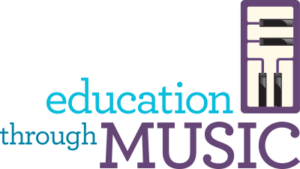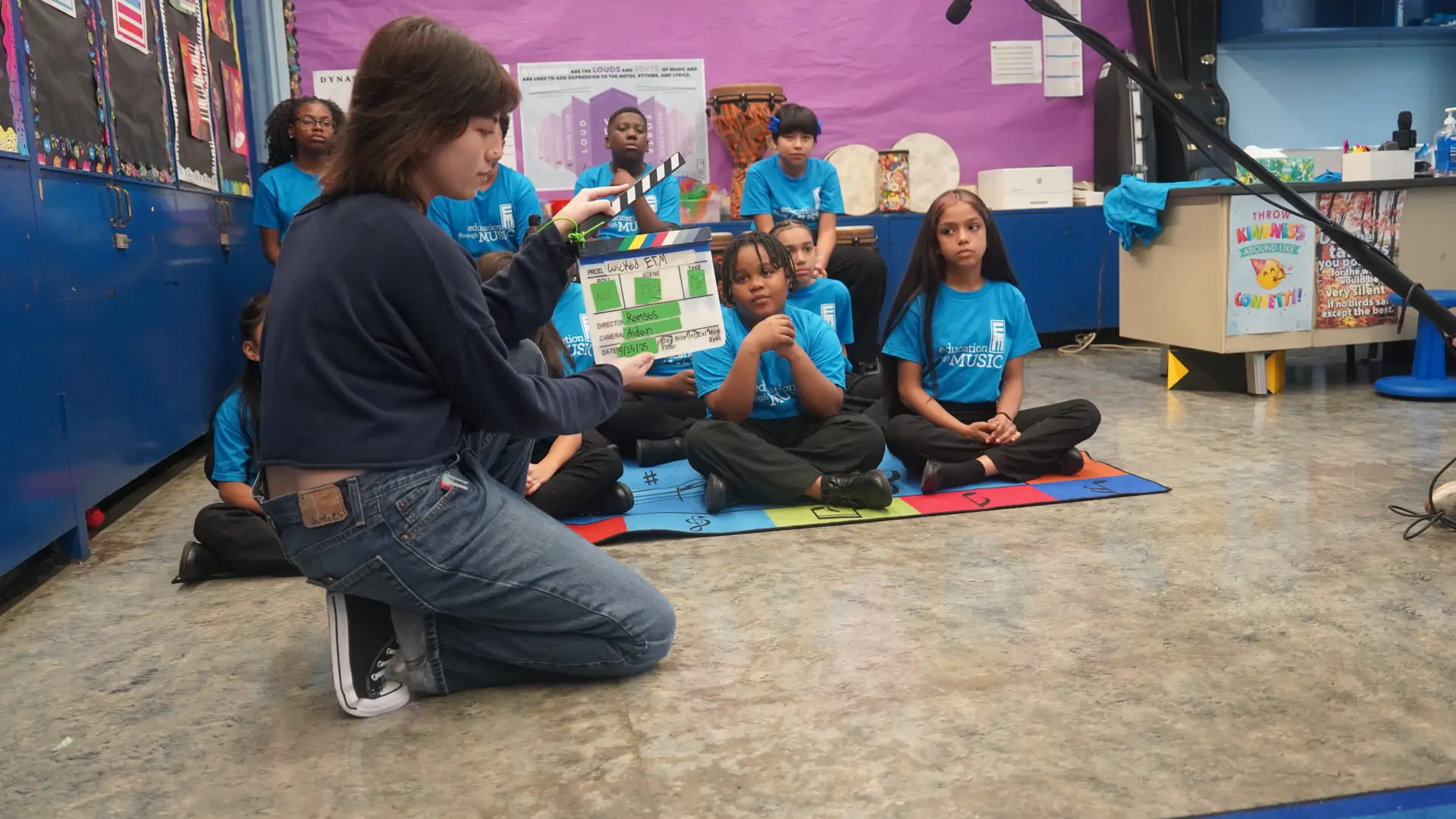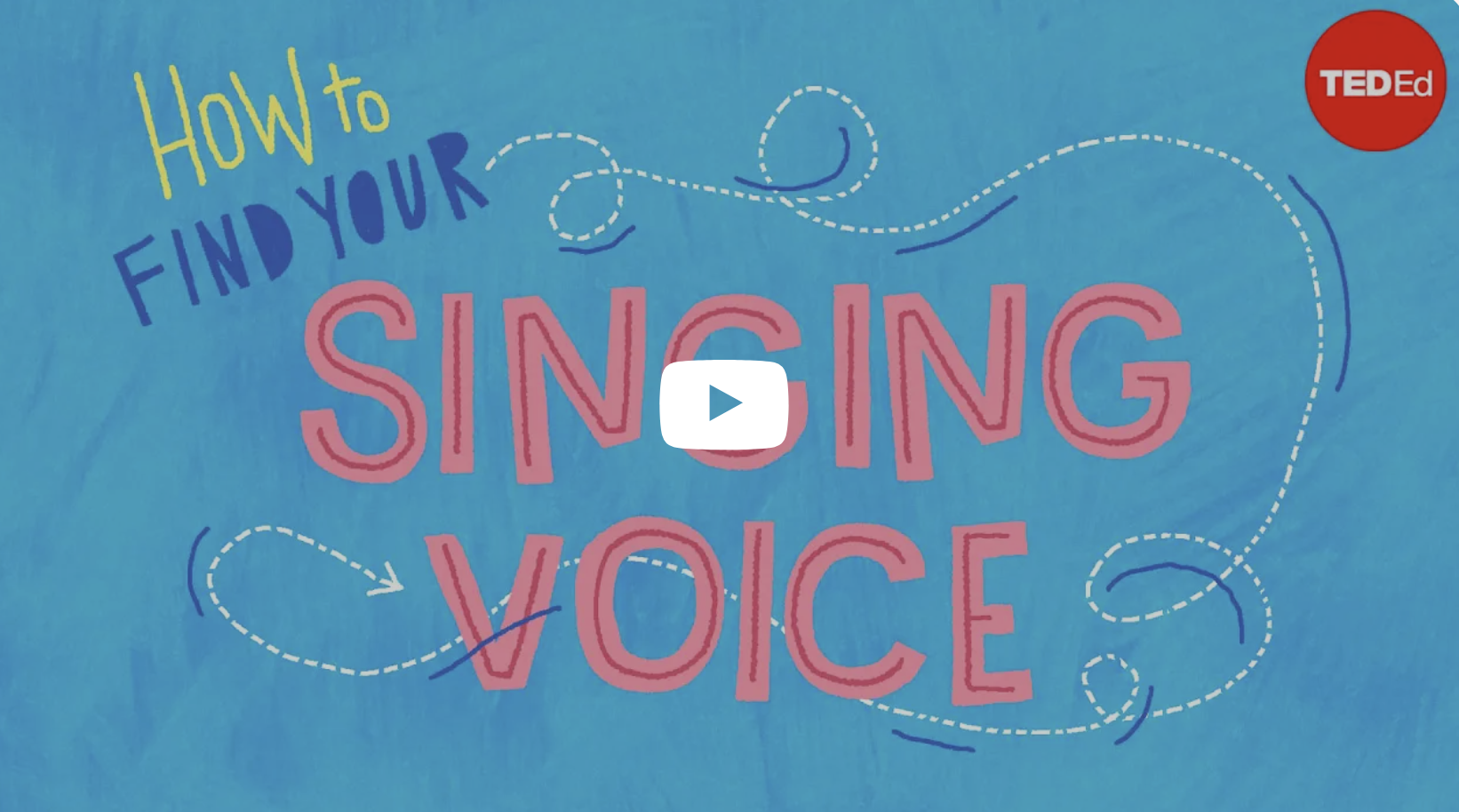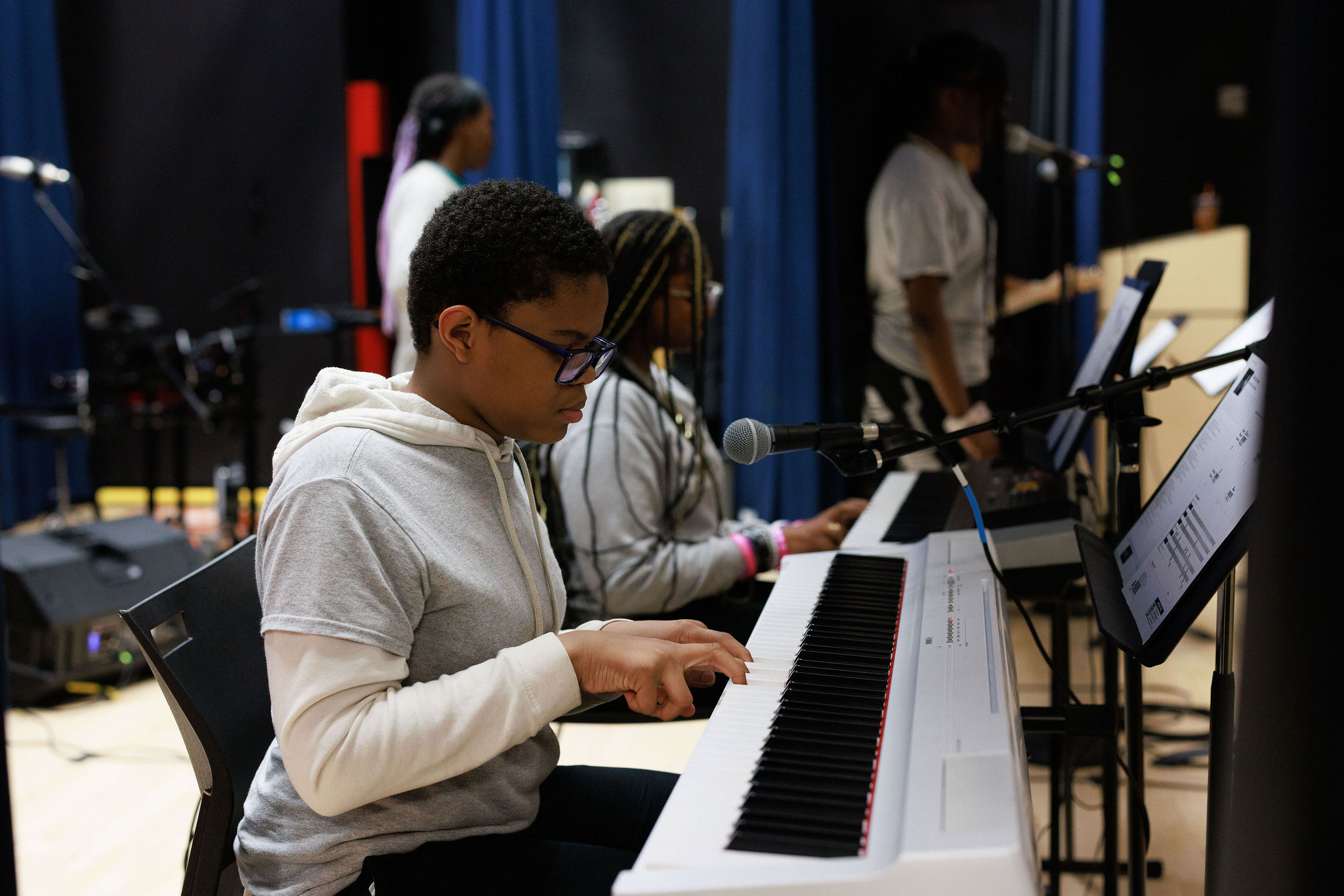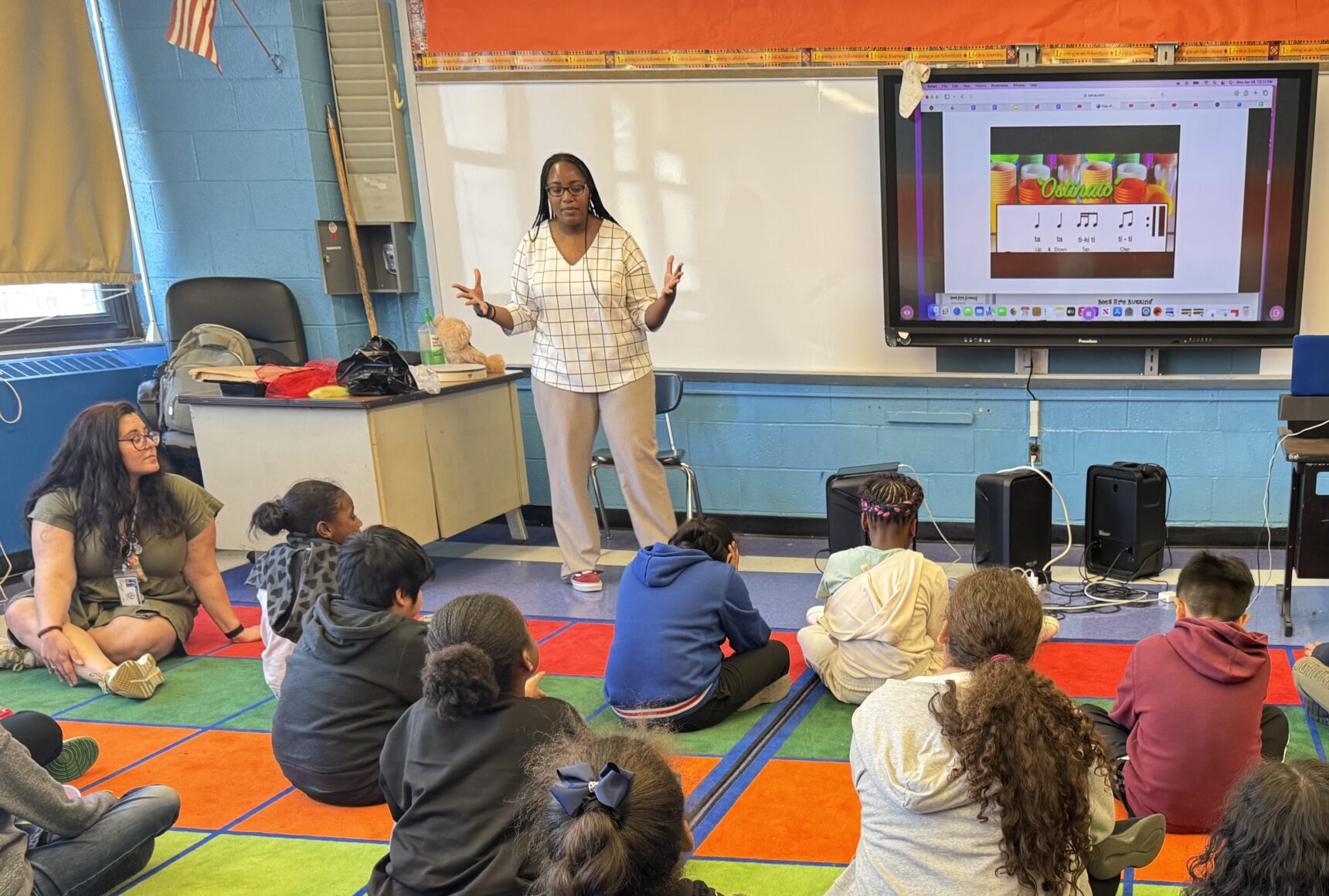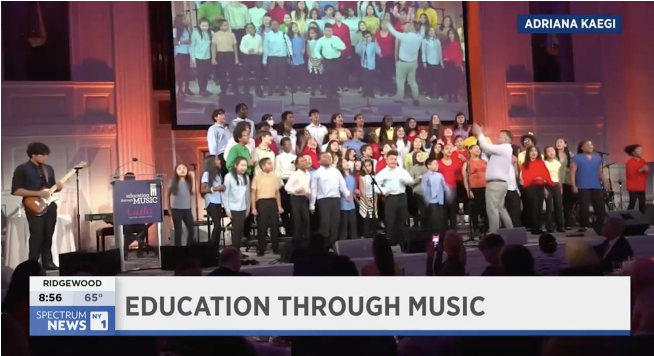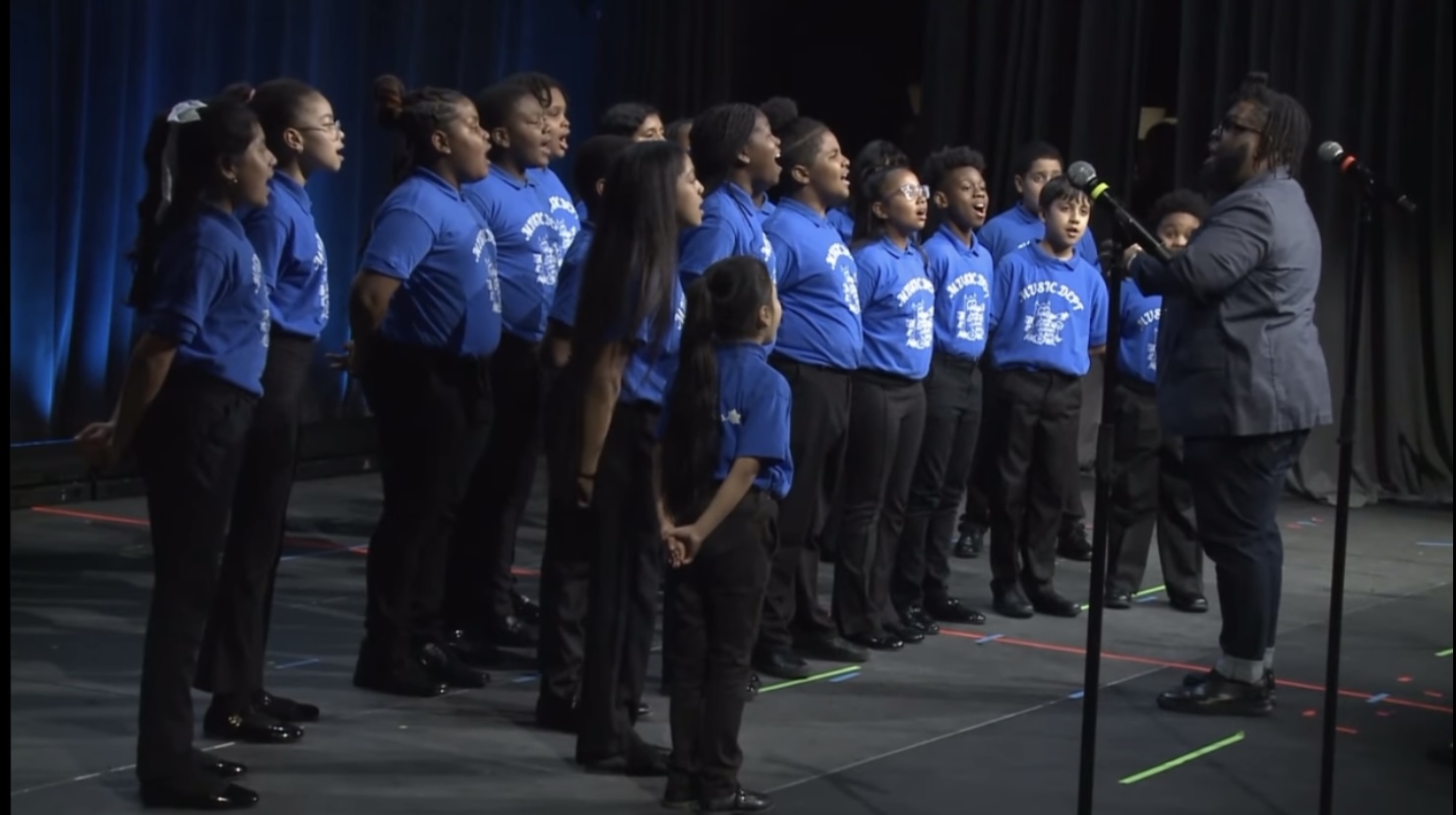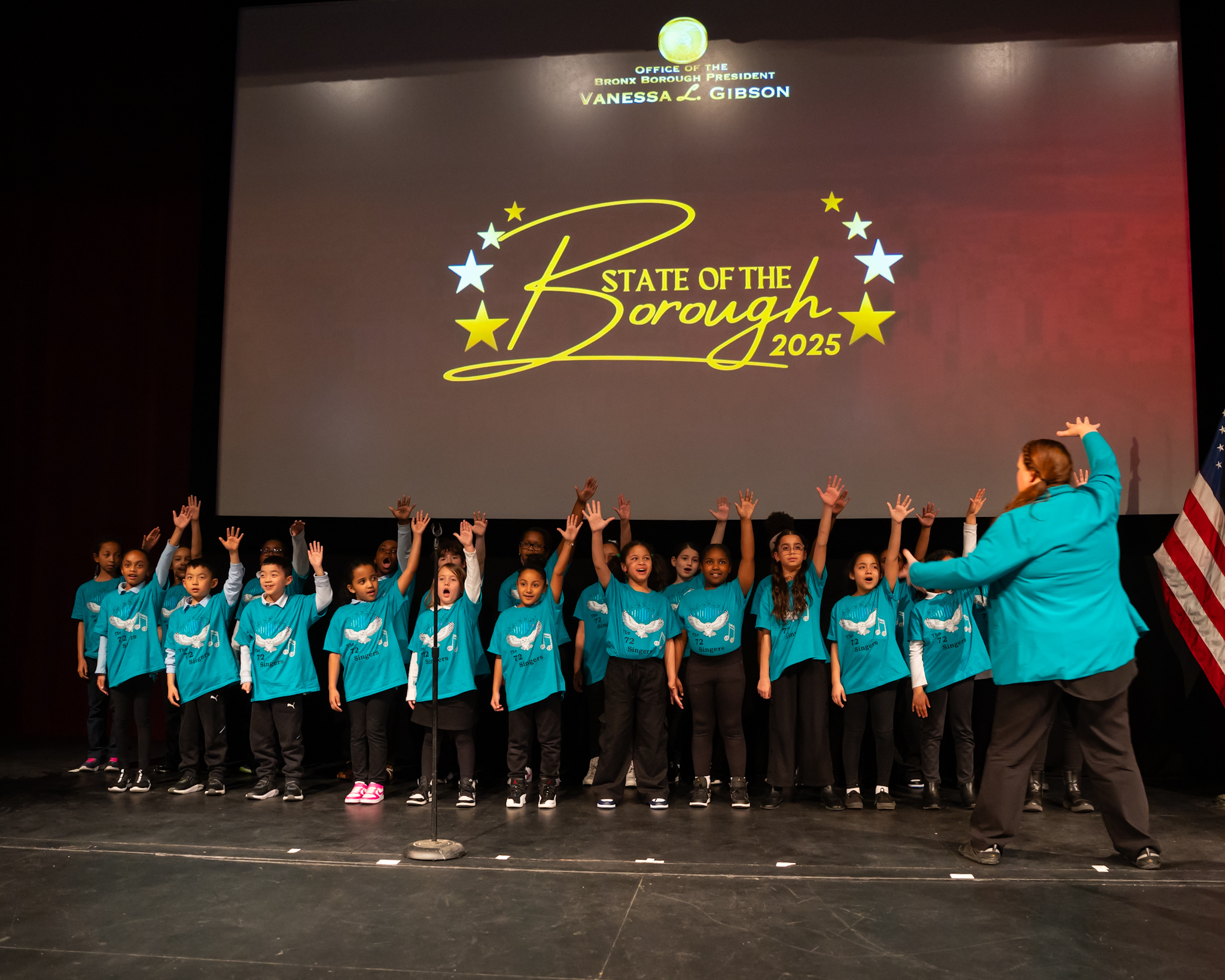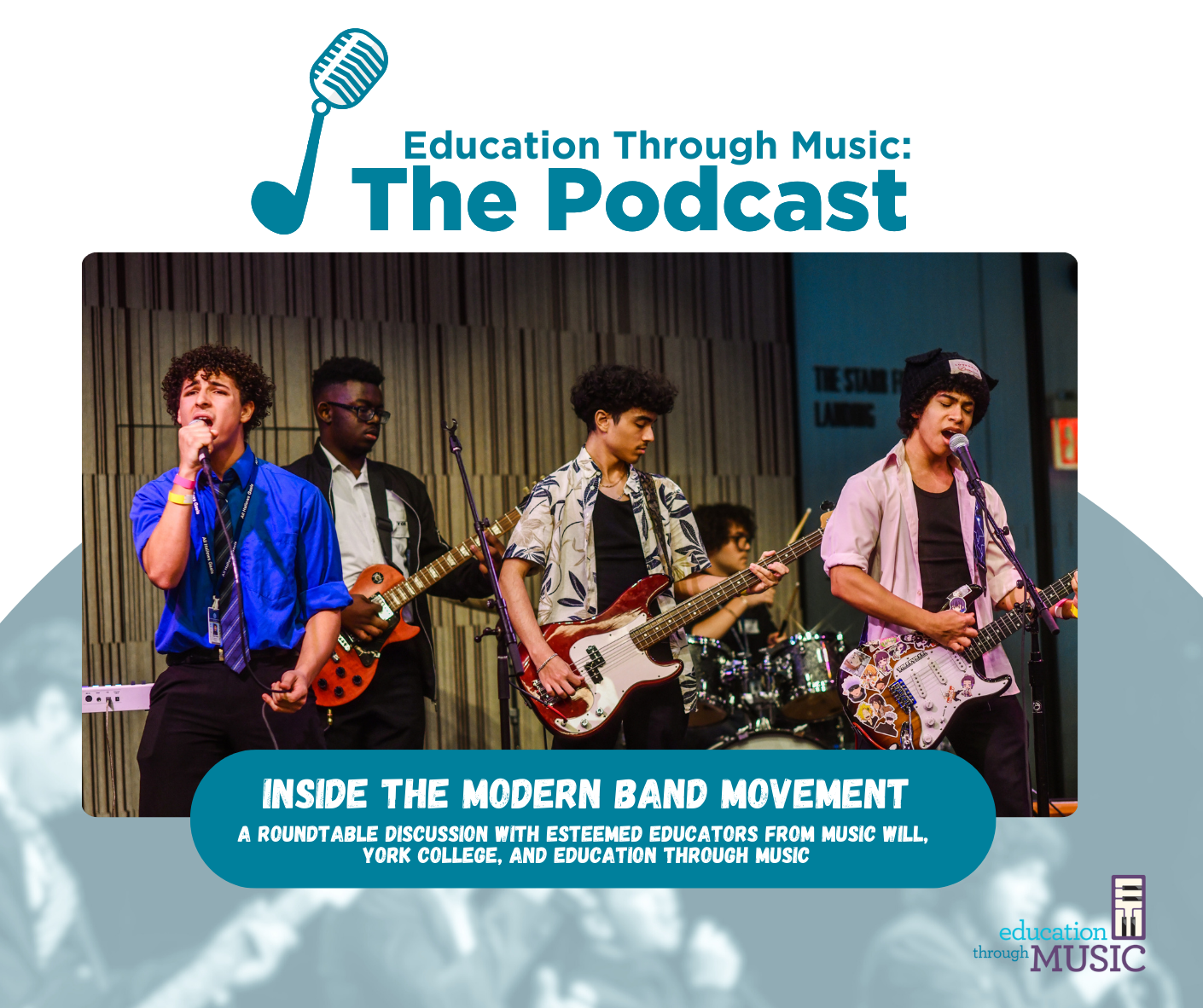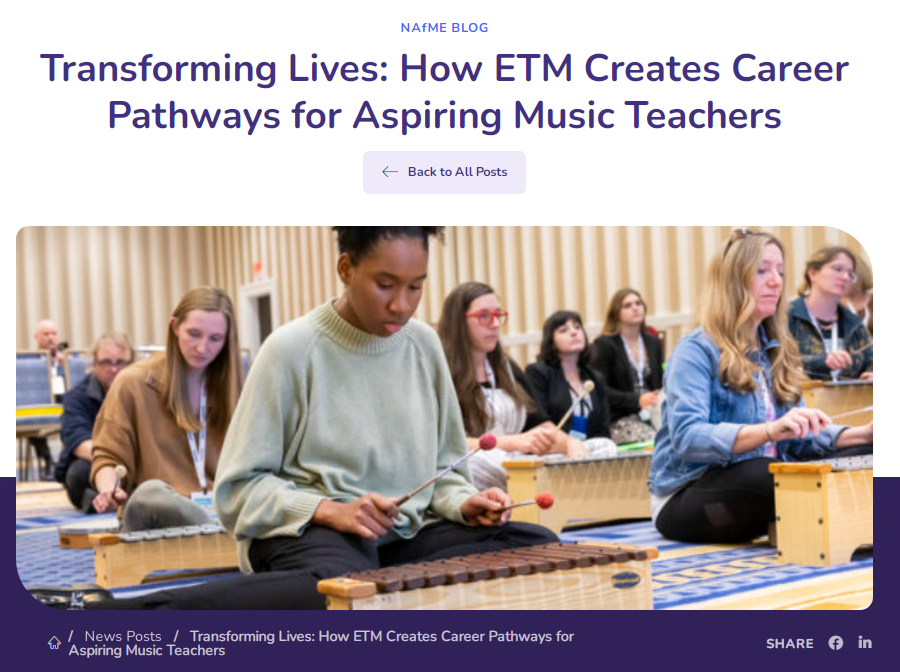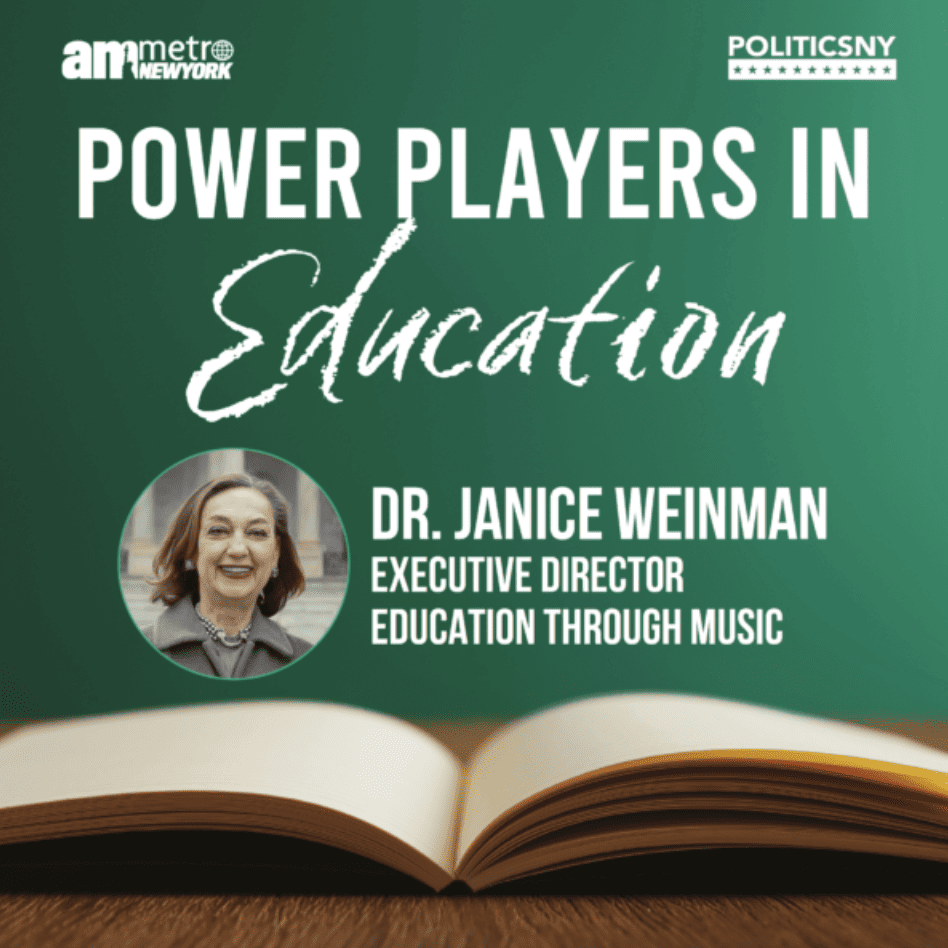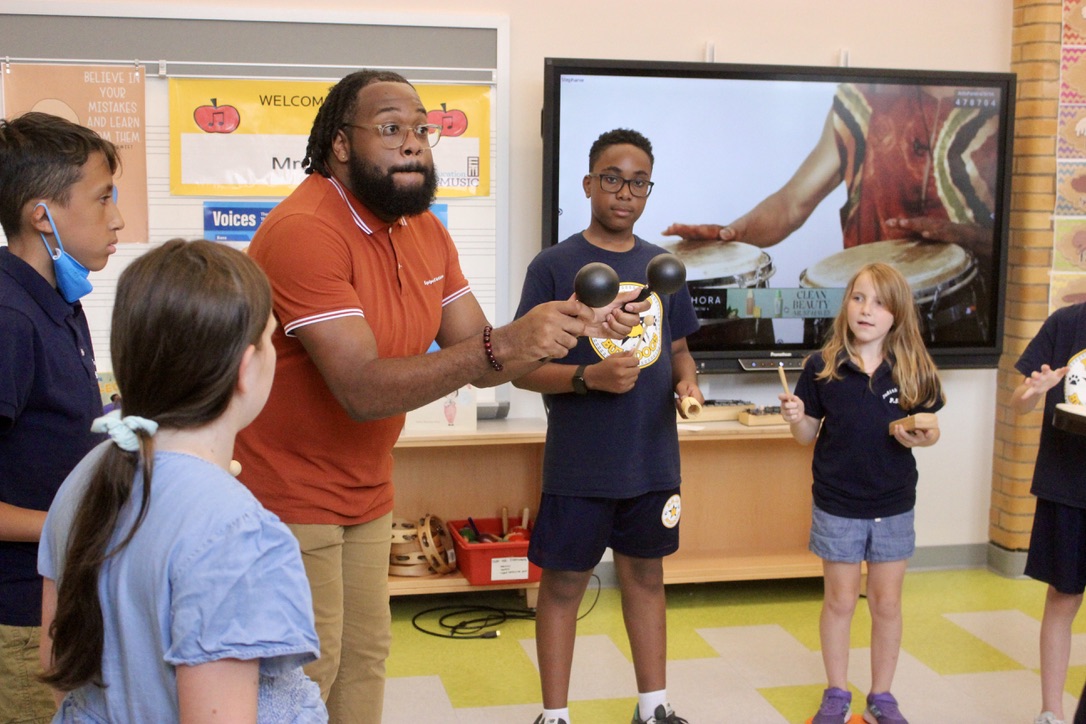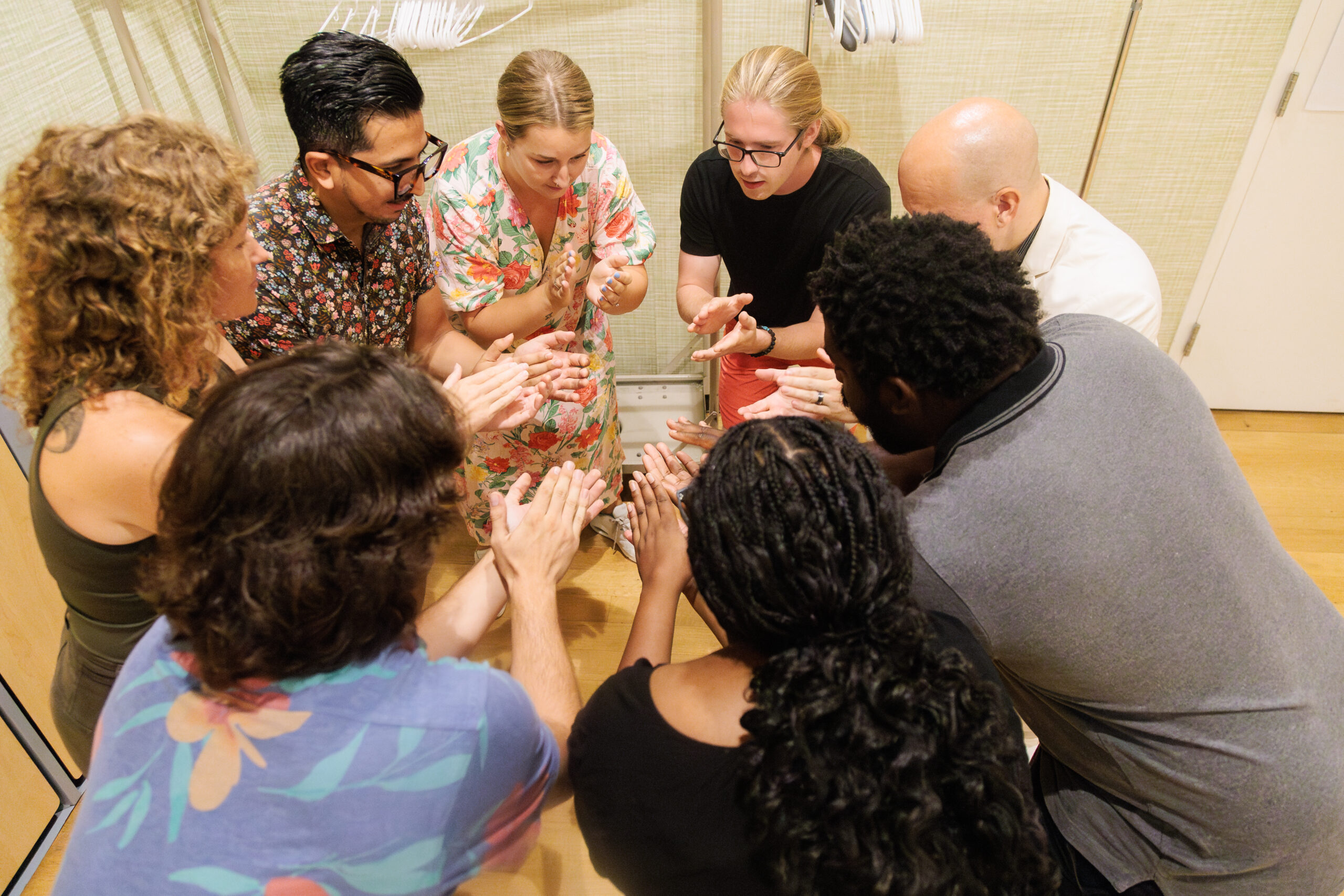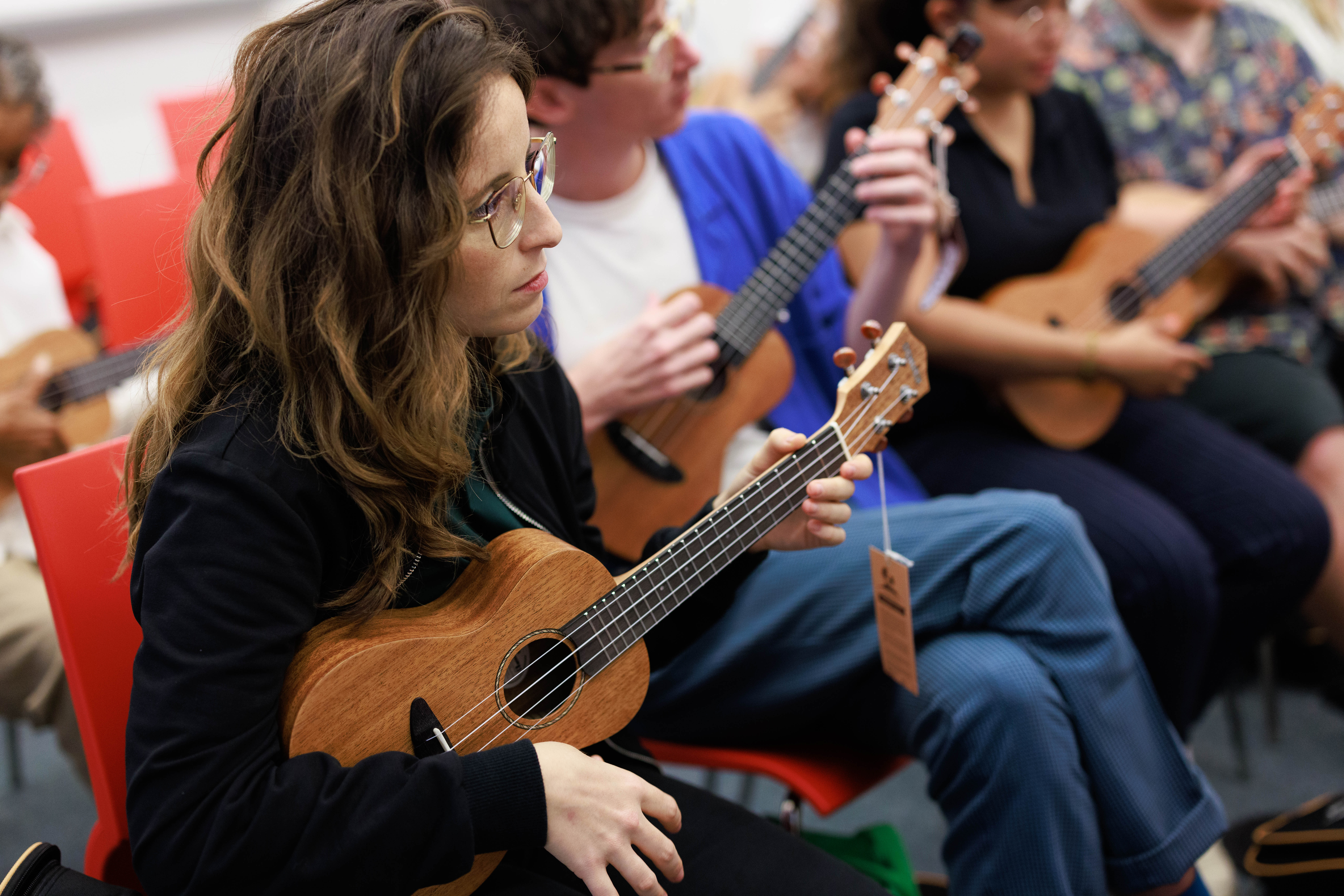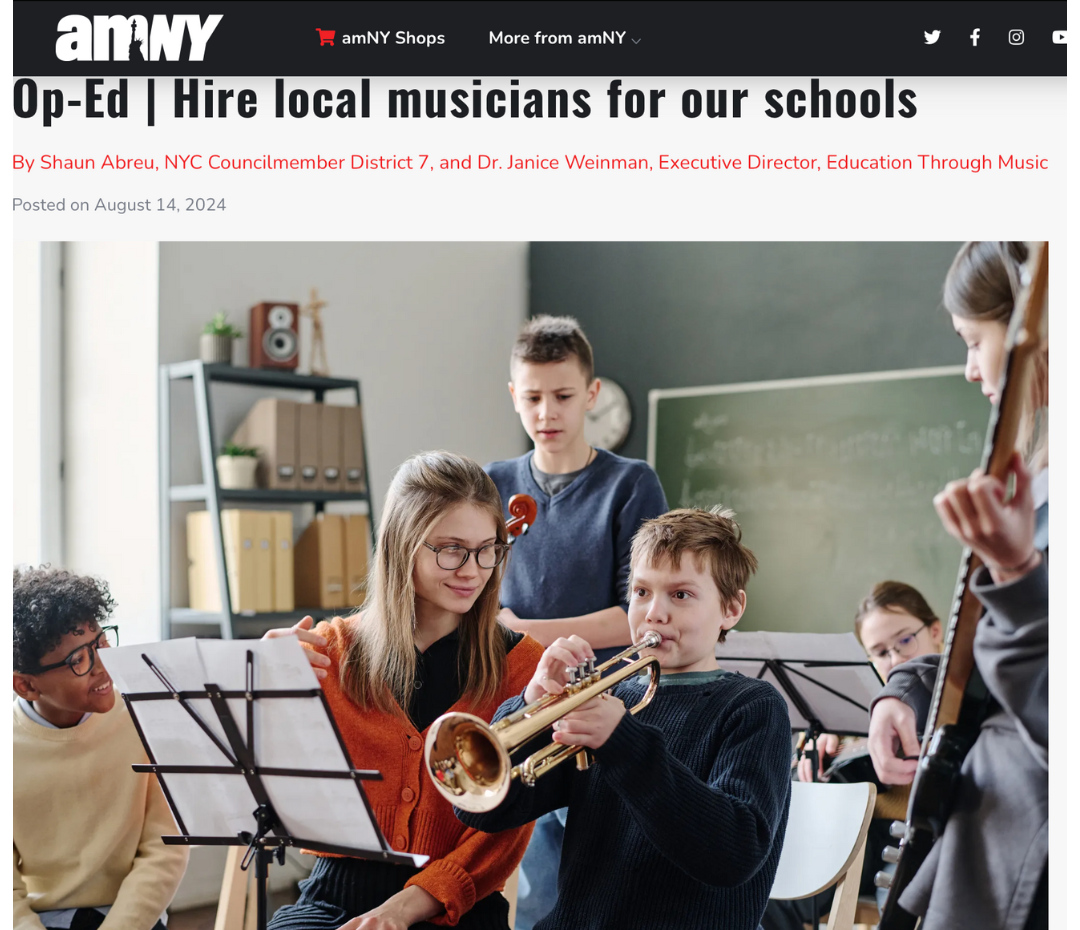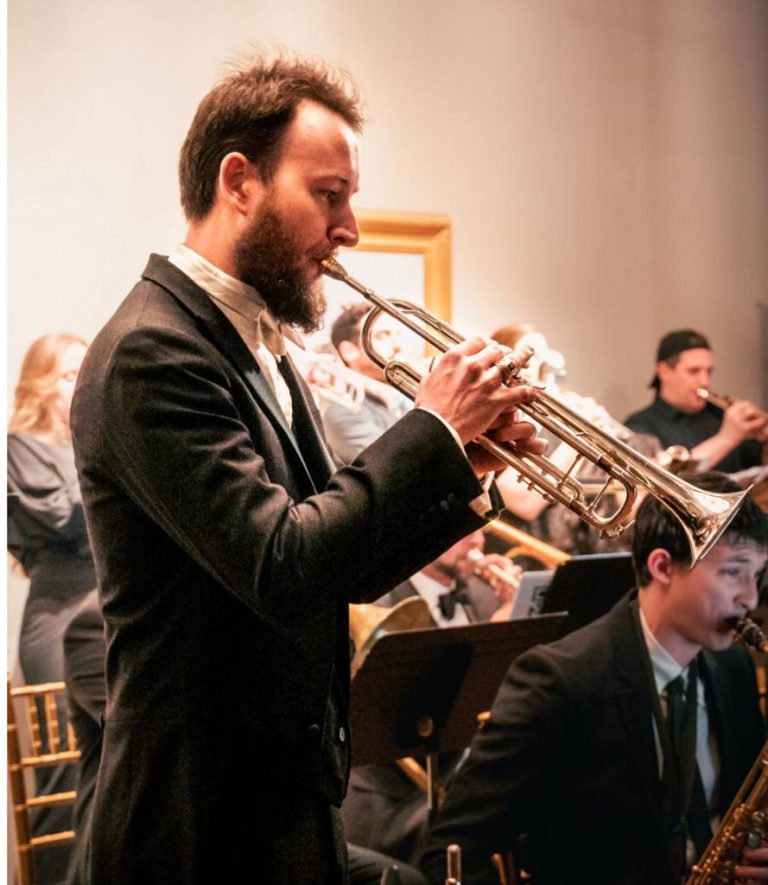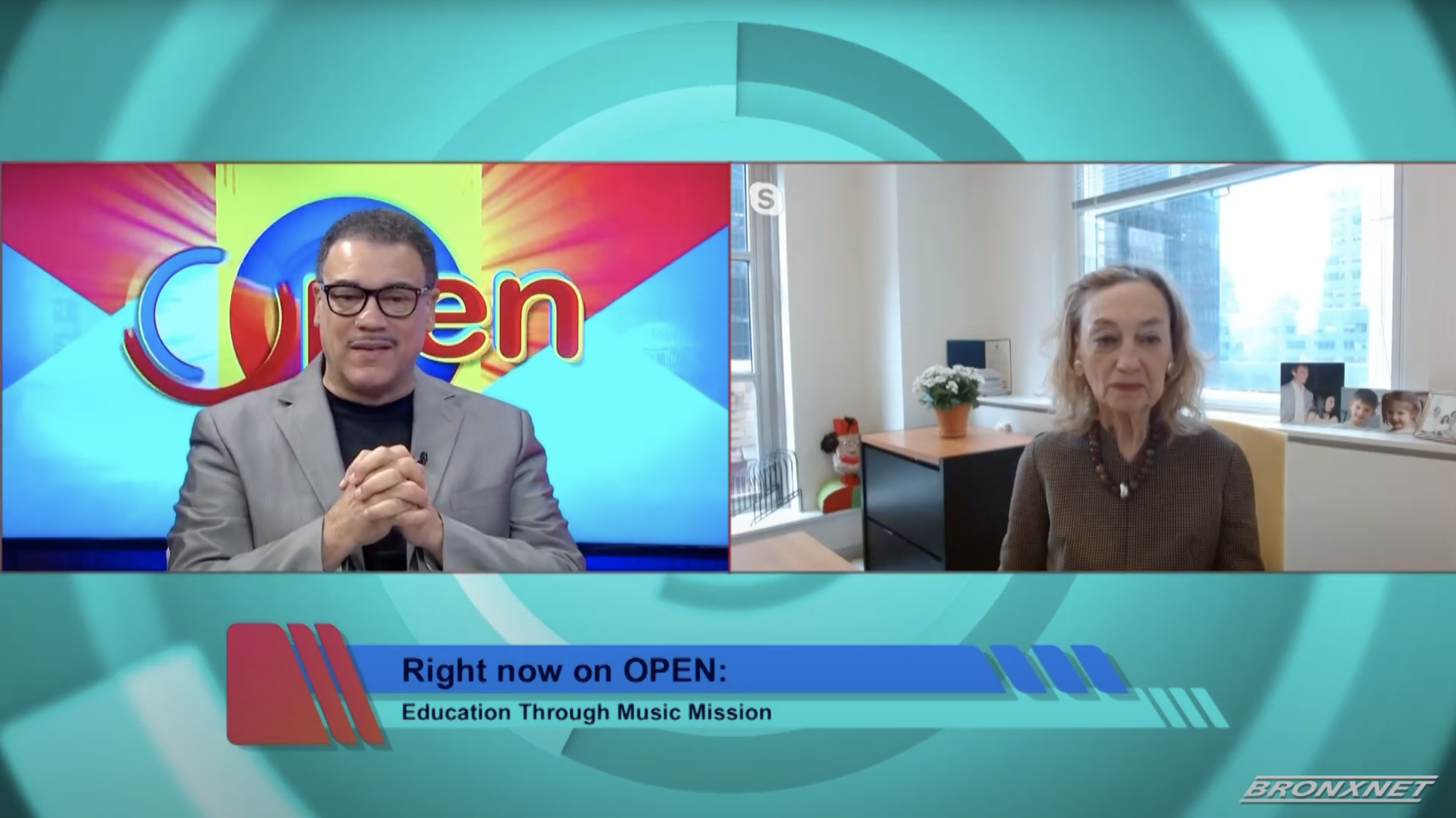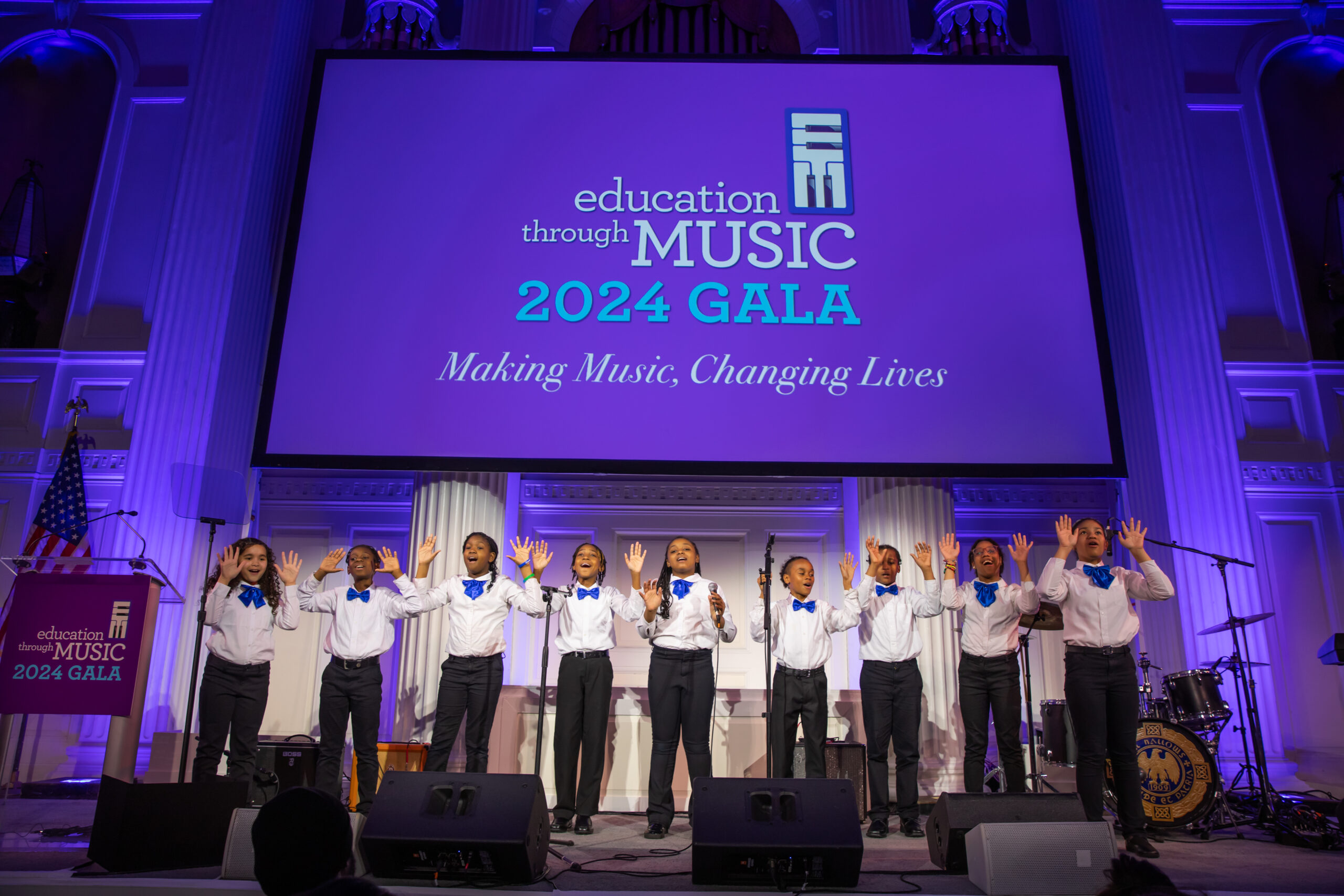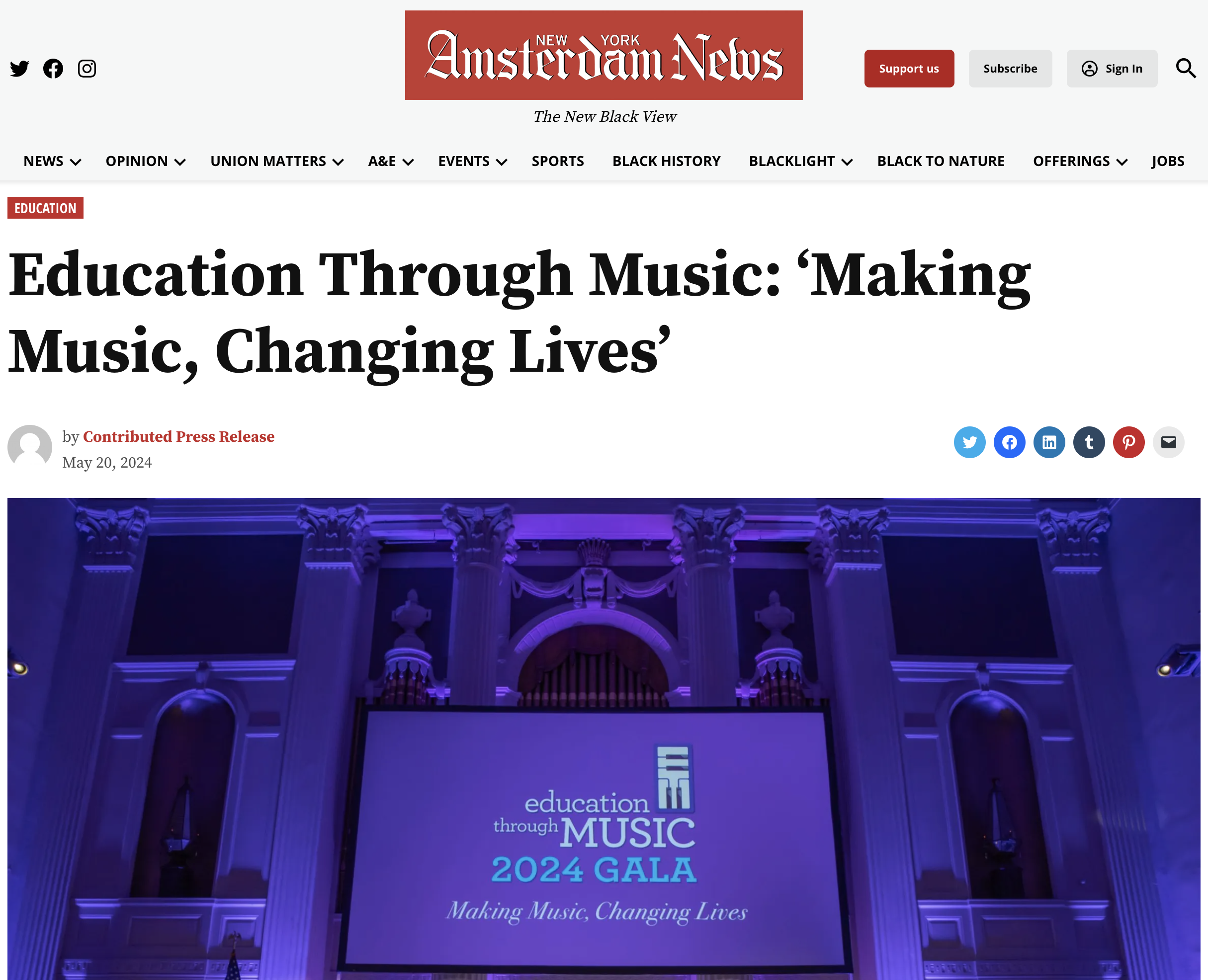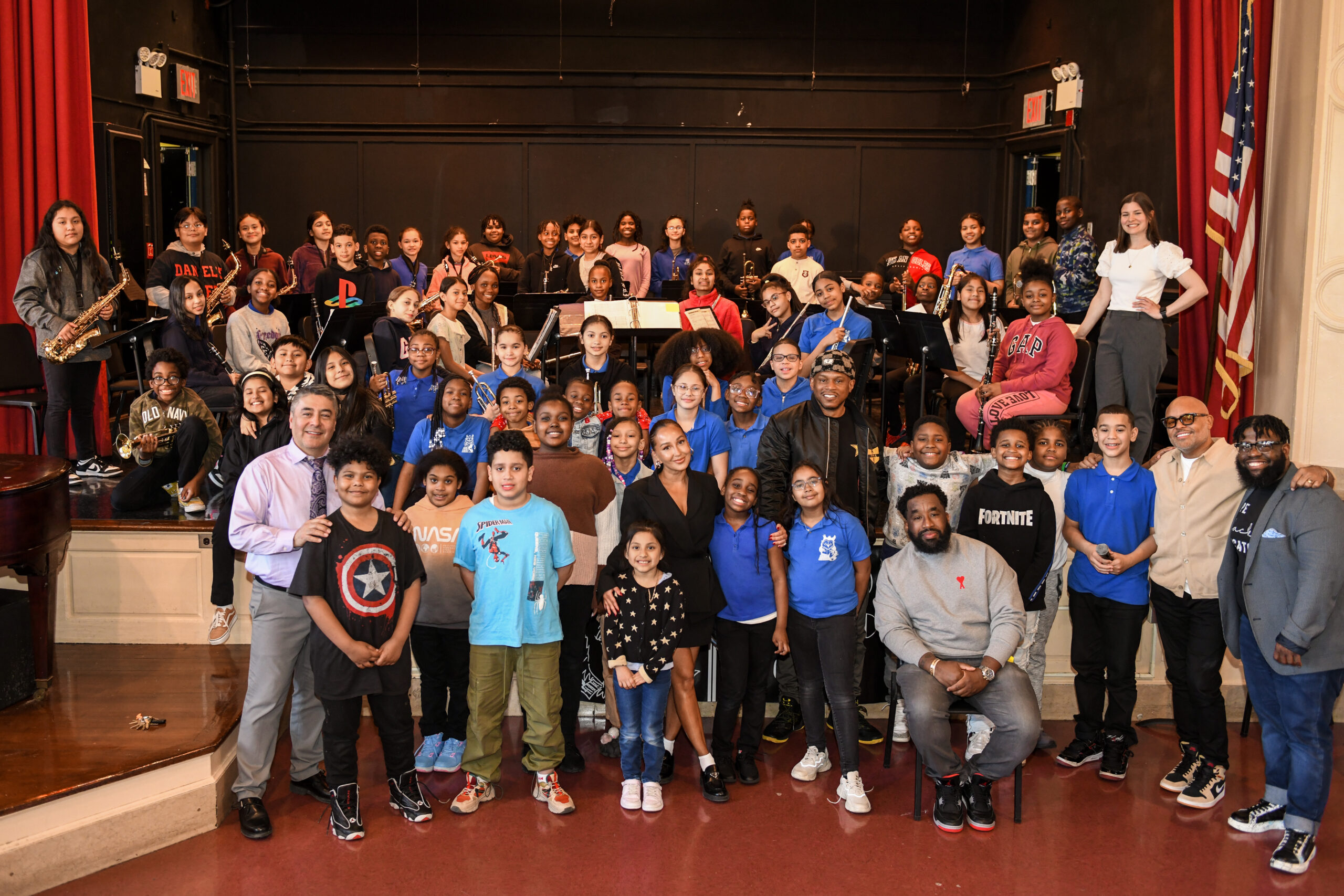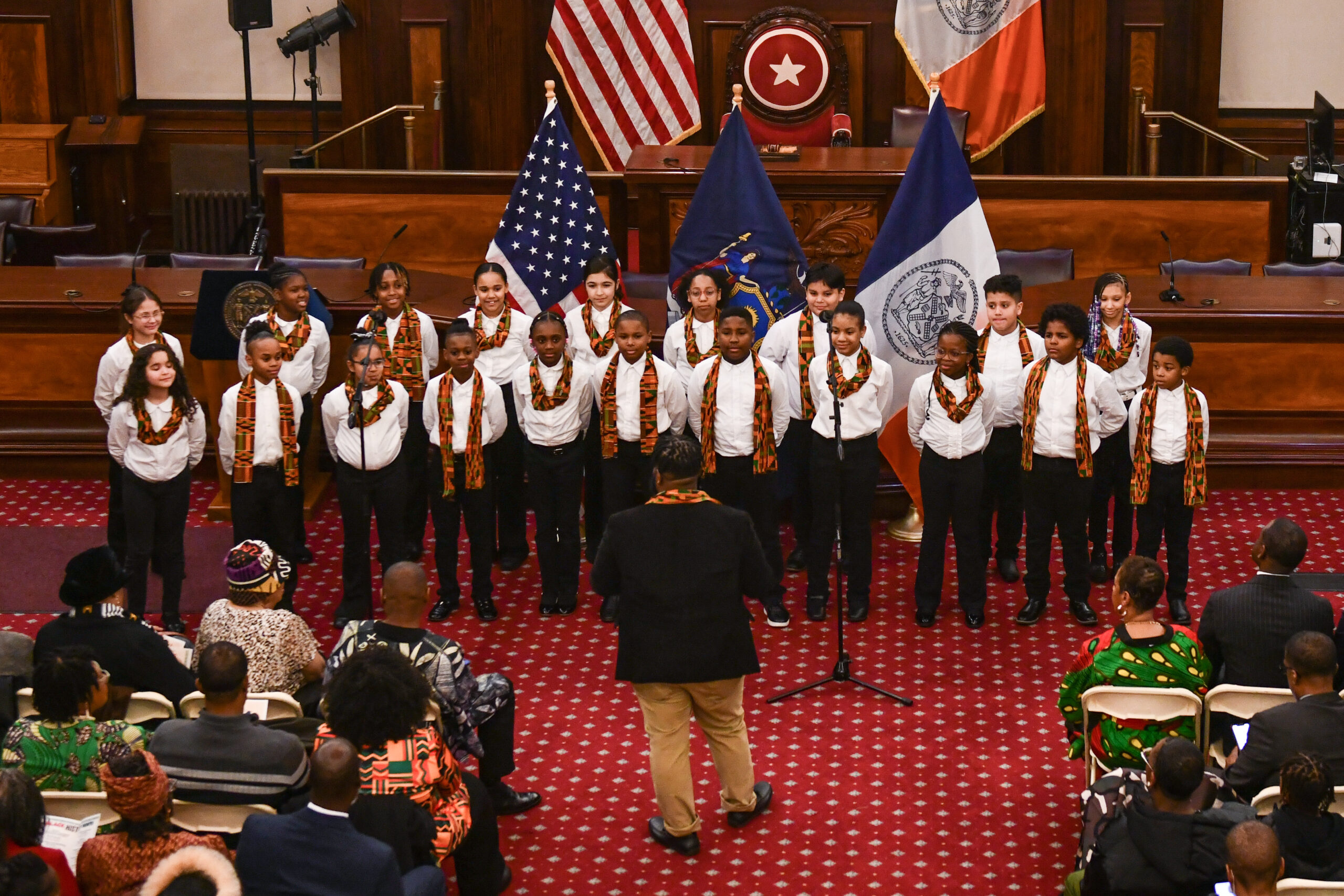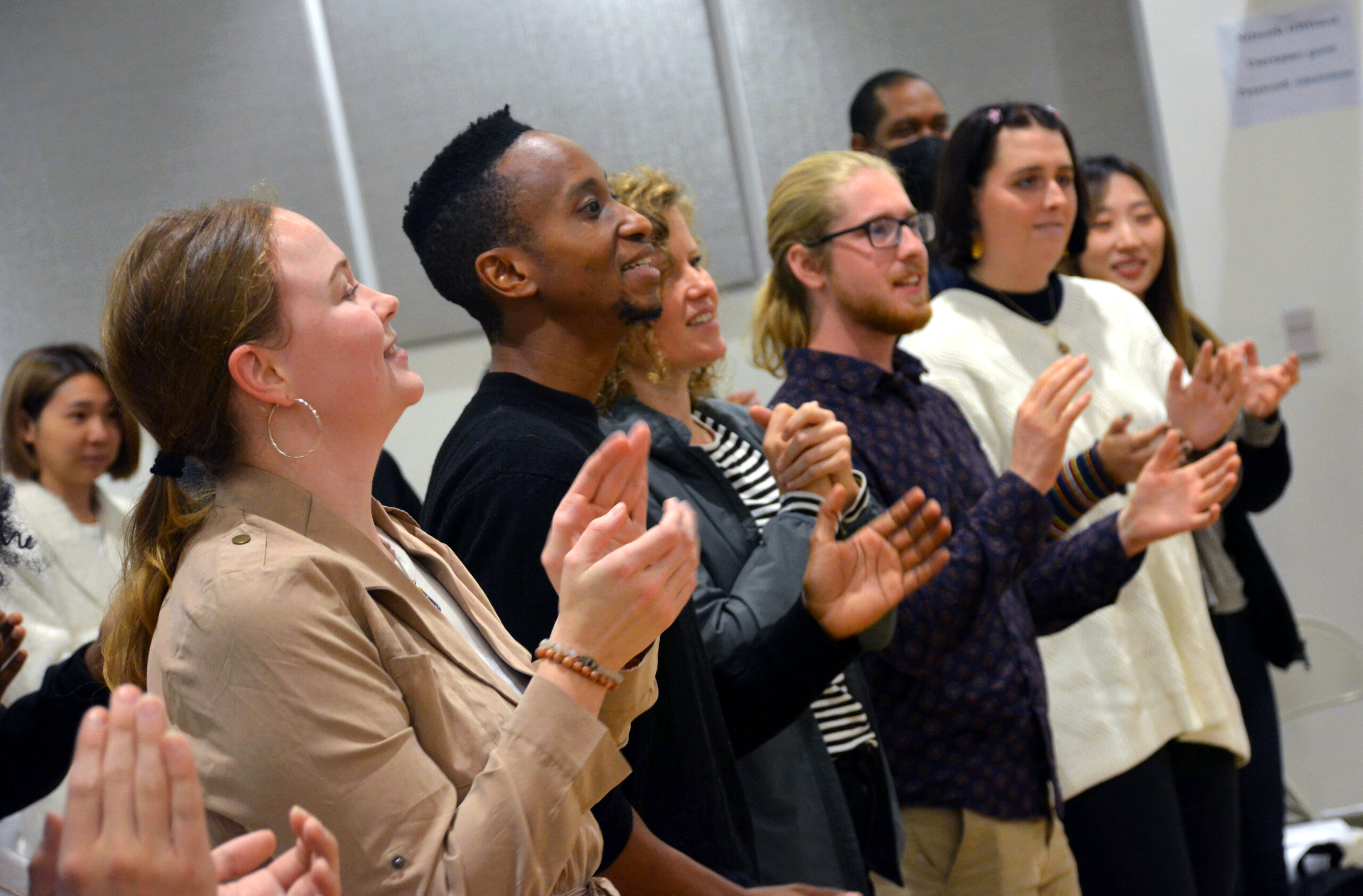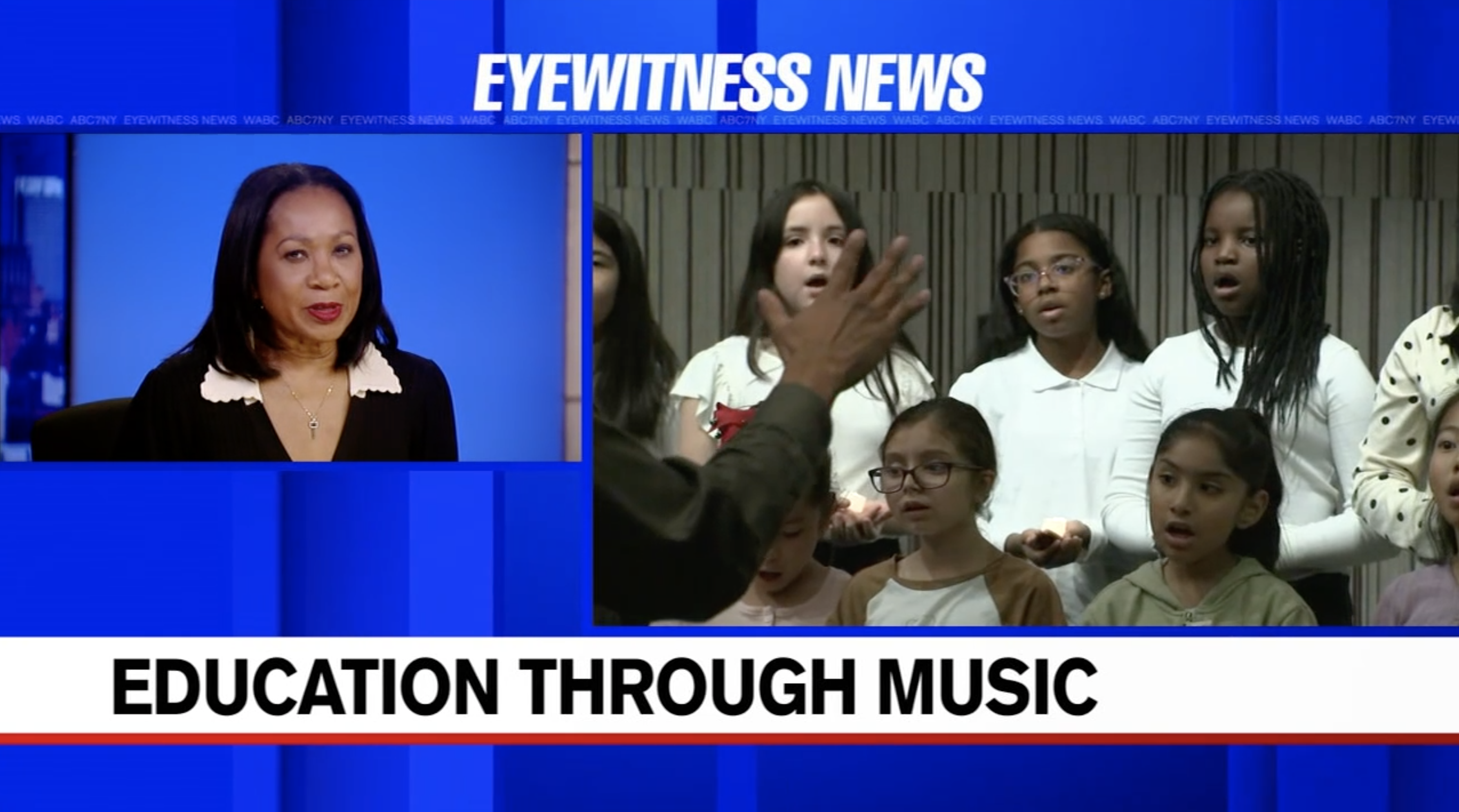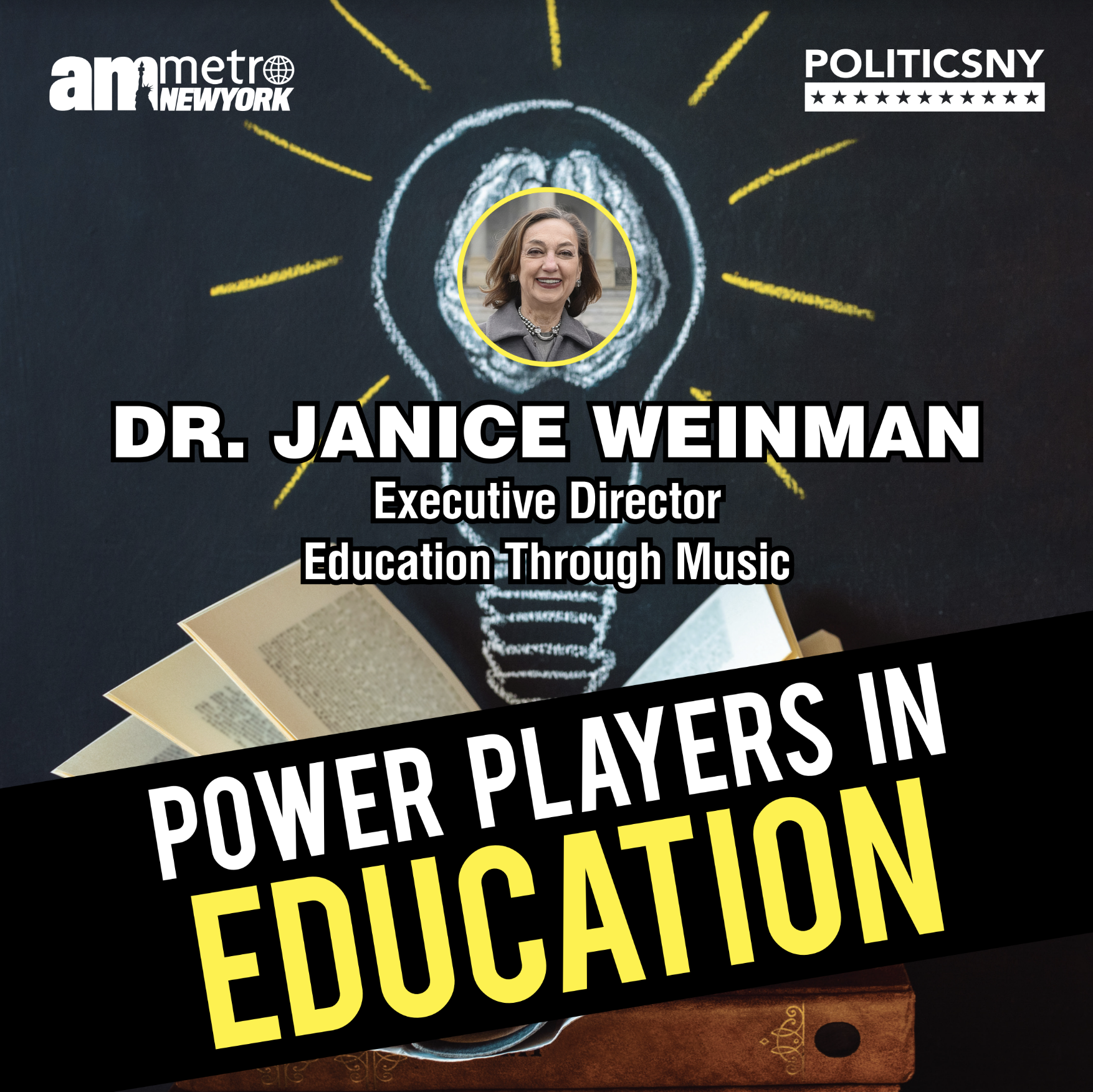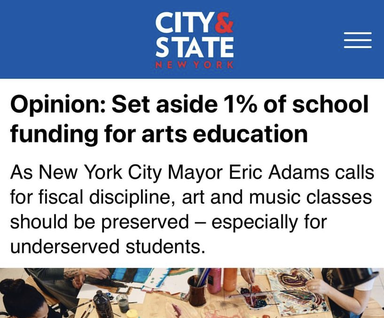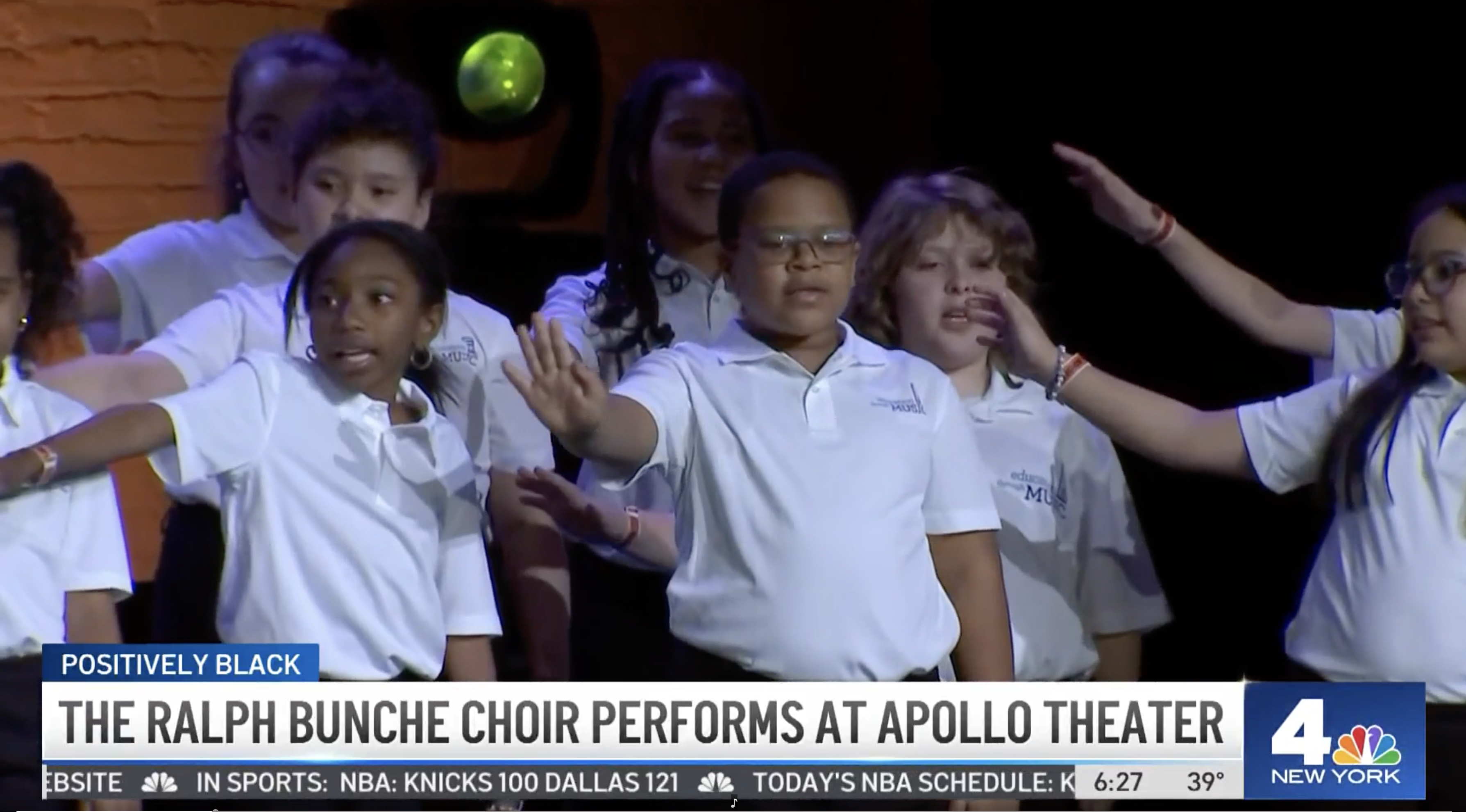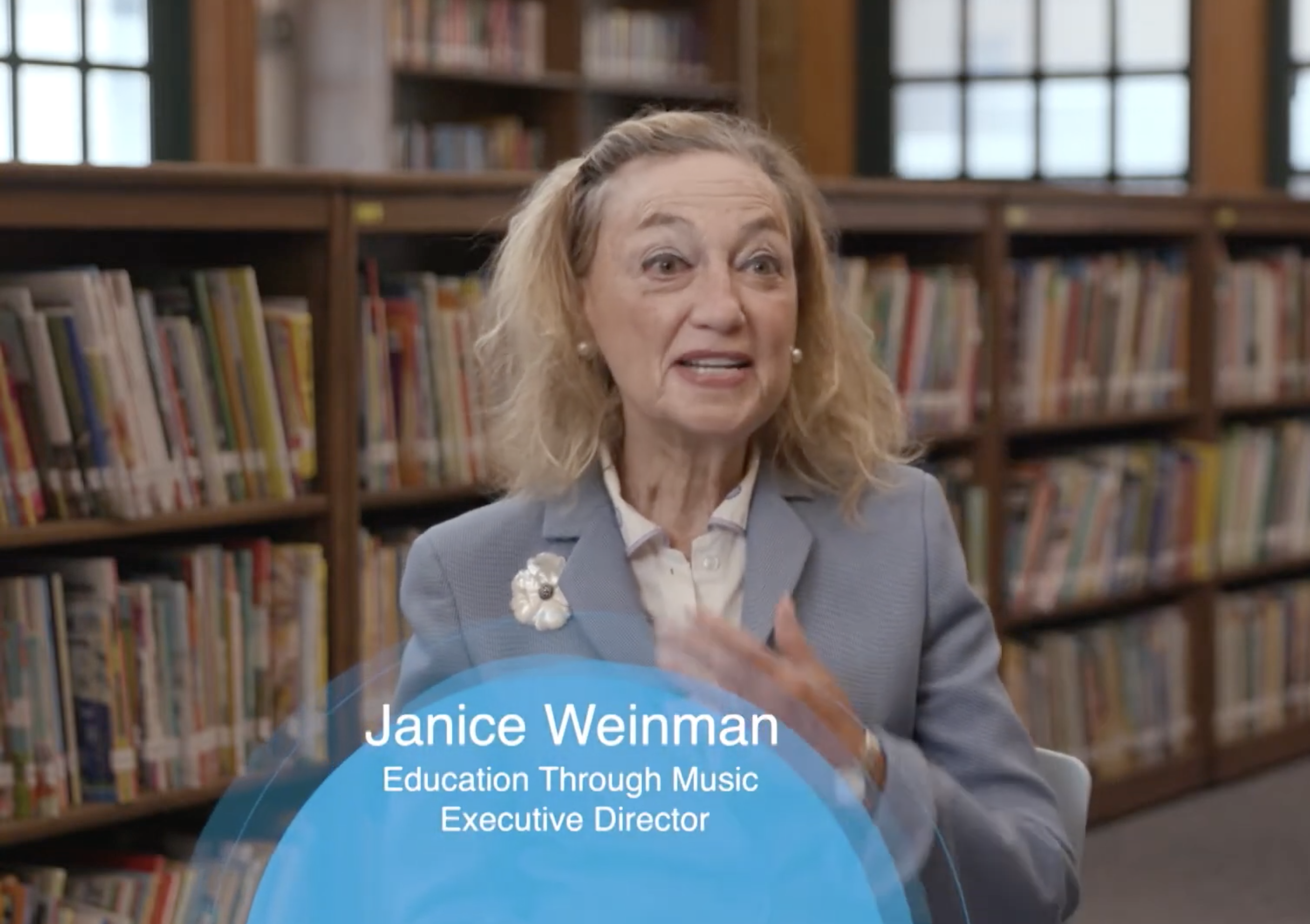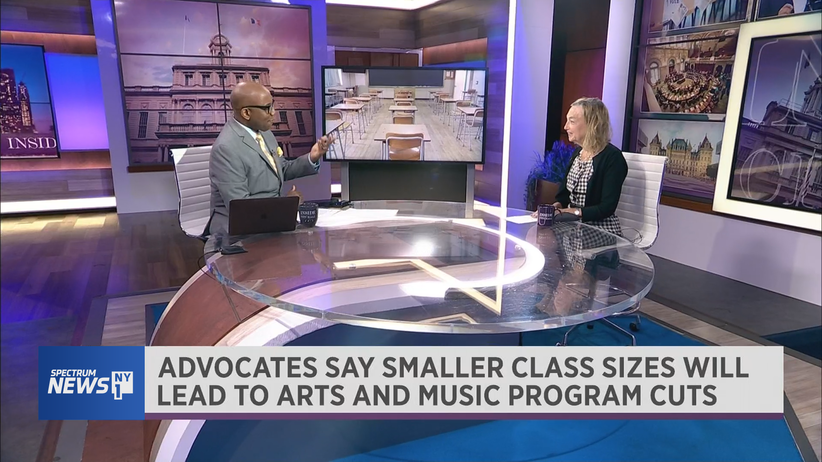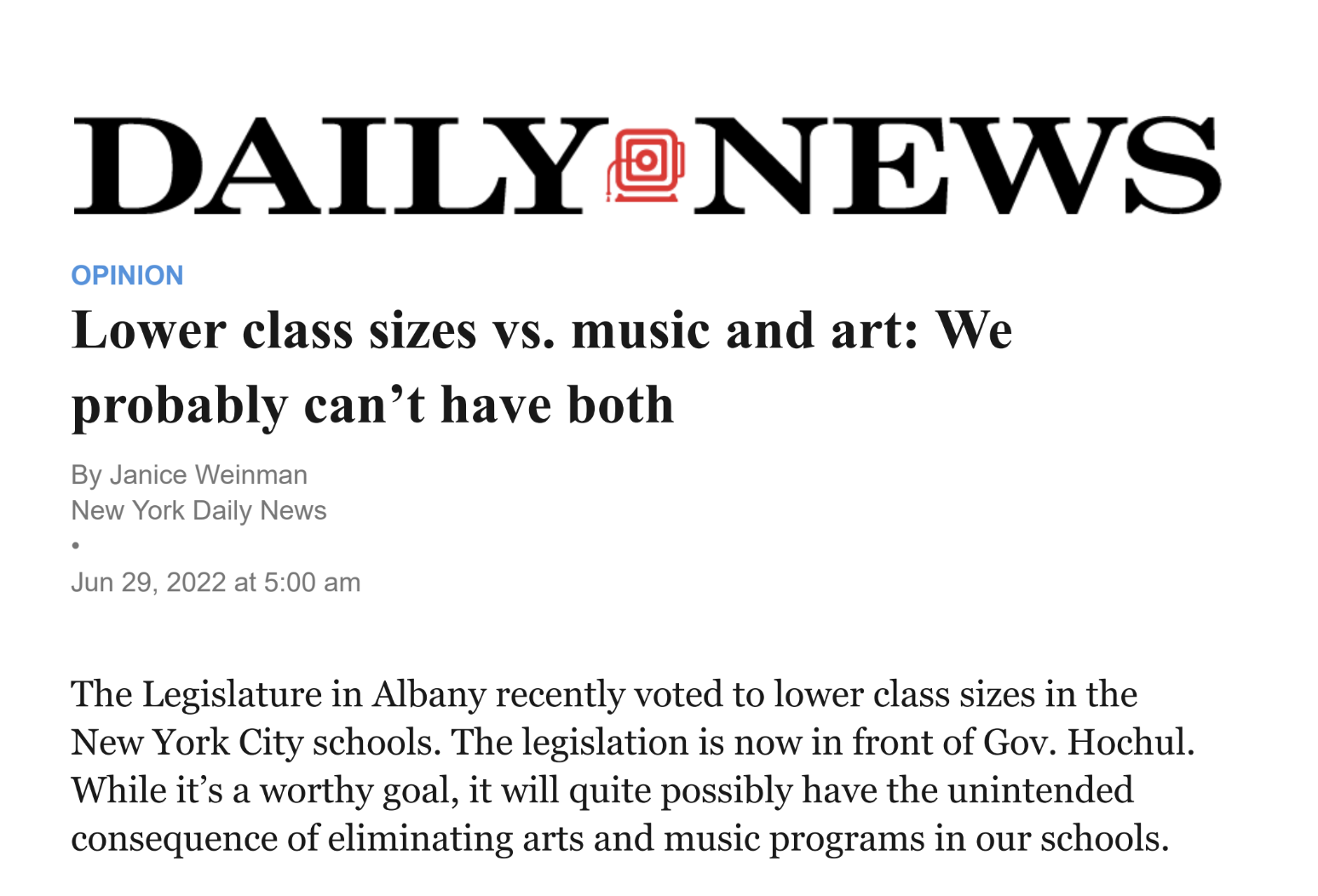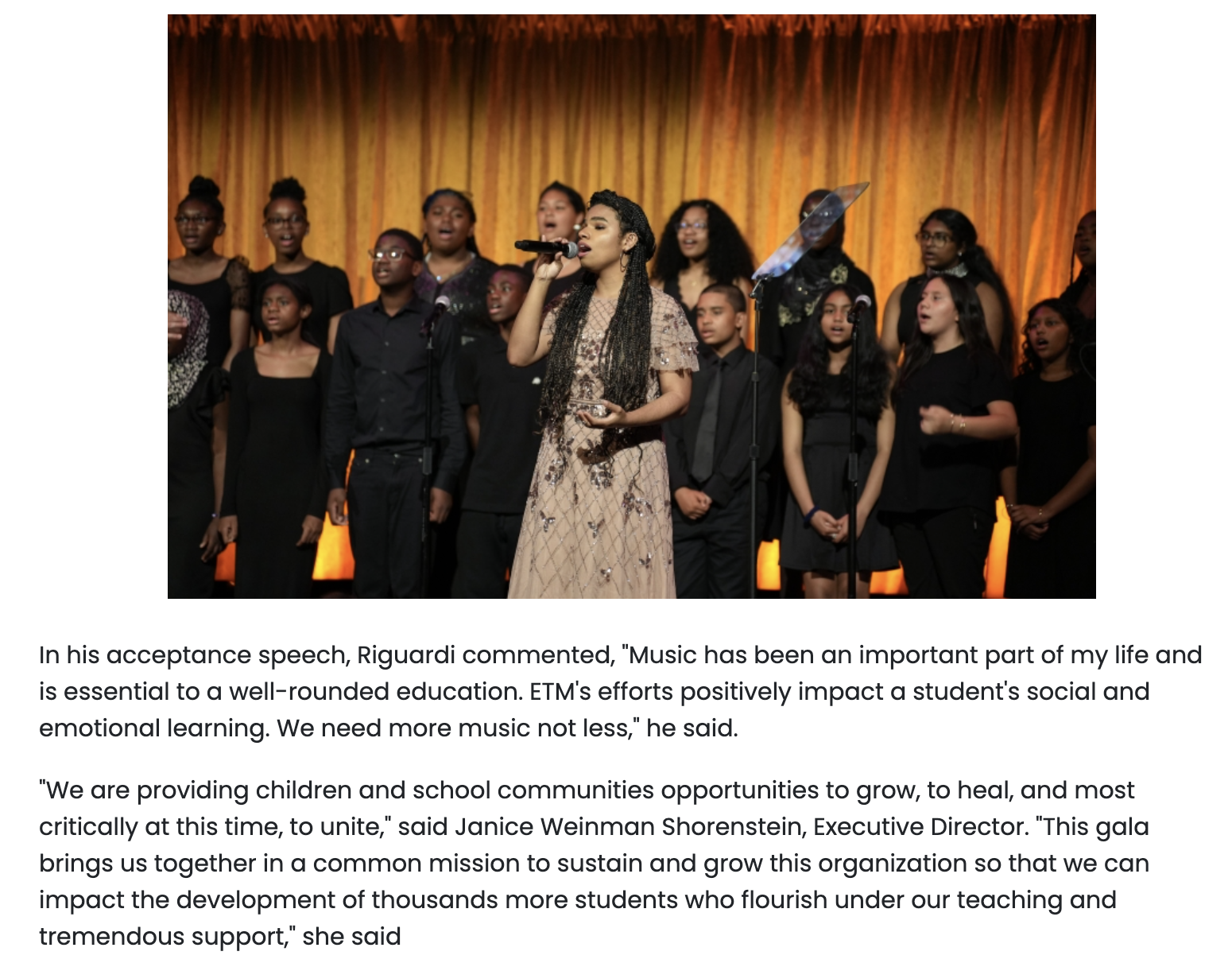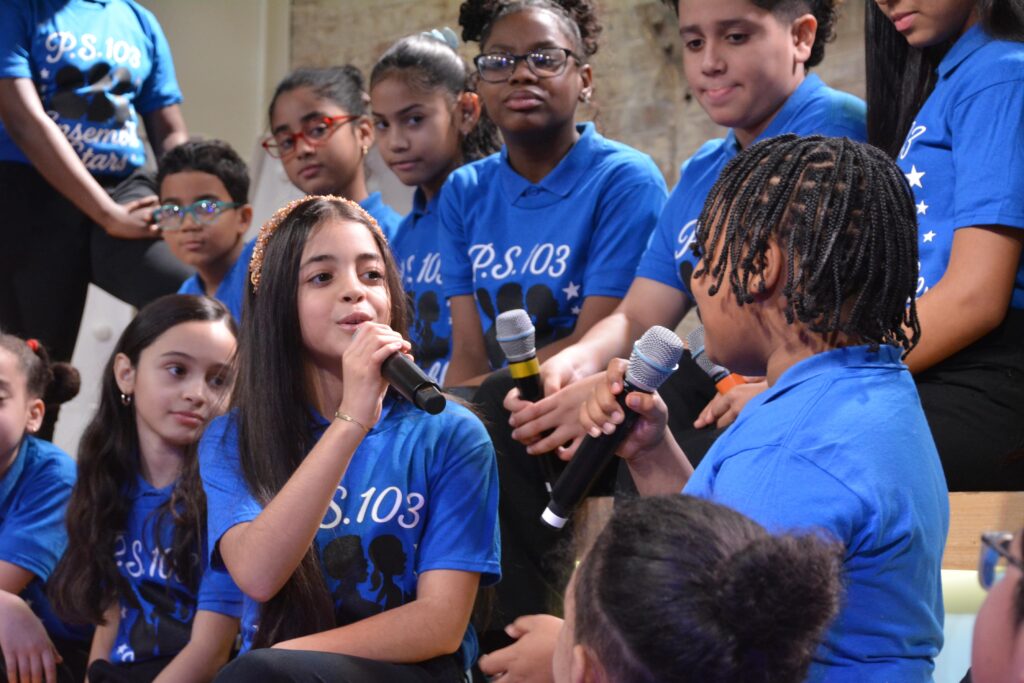The Benefits of Music Education
Research continues to prove that music education supports children’s cognitive, social, and emotional development in robust and incredible ways.
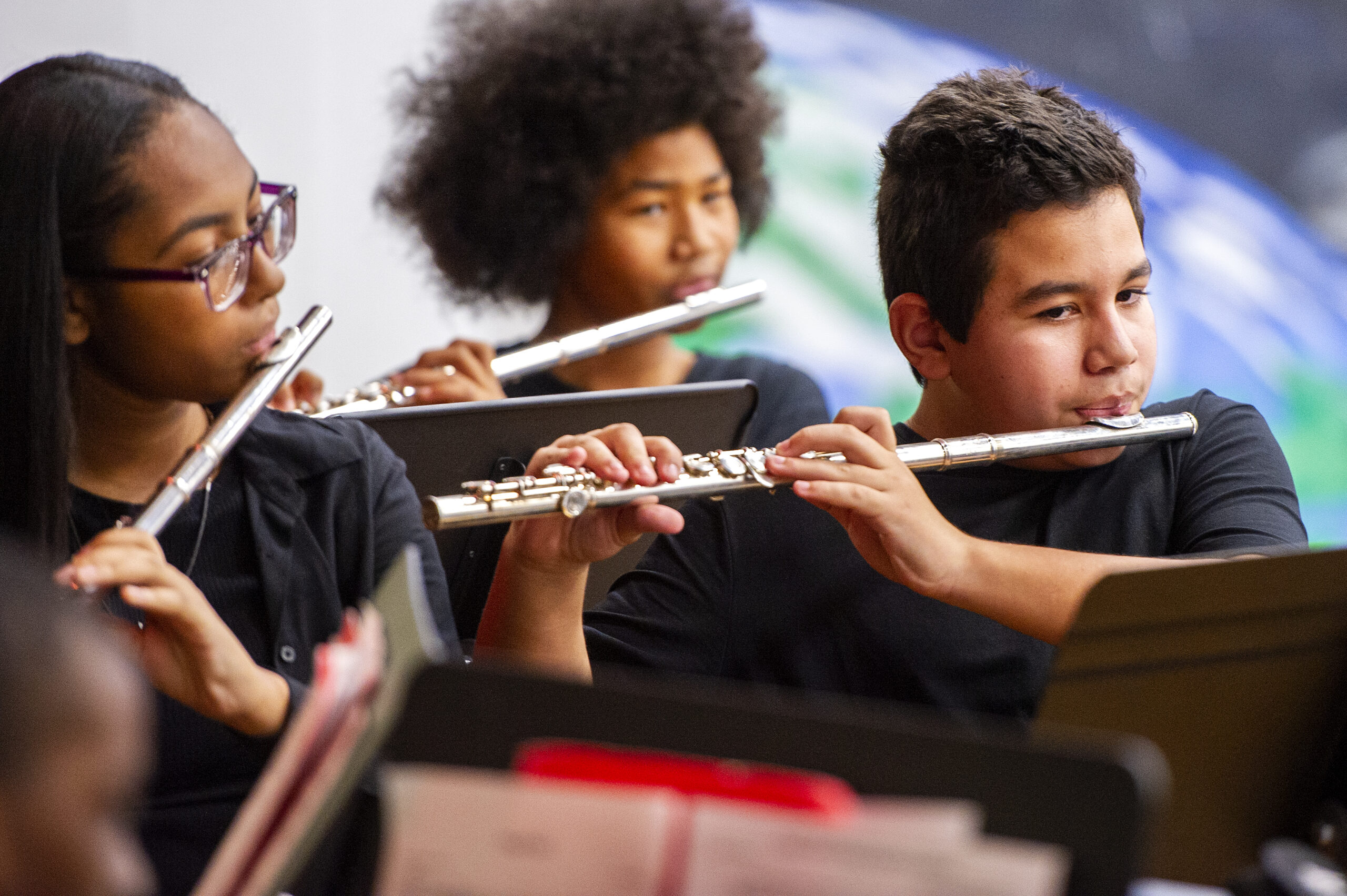
There is a Staggering Lack of Music Education in NYC
When schools – especially those serving low-income populations and communities of color – are unable to provide music education due to funding concerns or limited resources, children whose families cannot afford to pursue alternate opportunities are put at an academic, social, and developmental disadvantage.
The Benefits of Music Education
Music Strengthens the Brain
The process of learning and playing an instrument increases brain power and functionality, resulting in a boosted IQ and improved concentration. Music accelerates brain development for babies and kids, enhancing fine and gross motor skills, executive function, and sensory development.
Music Improves Success in School & Life
Children who study music perform better in school. Positive attributes learned through music–making, such as confidence, independence, perseverance, leadership, and personal responsibility, prepare you for life-long success.
Music Nurtures the Mind & Body
Music education supports students’ social and emotional well-being. Studying music nurtures creativity, builds empathy, and helps kids better express their emotions and manage anxiety.
Music Builds Community & Advances Equity
Music brings us together. When making music with others, such as in a group class, chamber group, or ensemble, students are introduced to new experiences and points of view. Music connects different cultures and advances equity and belonging.
ETM's Impact
Education Through Music partnered with Metis Associates to conduct a three-year evaluation (2021–2024) to better understand the impact of its programming across academic performance, attendance, and school climate. The evaluation compared ETM schools to a set of matched NYC public schools with similar demographics and neighborhood contexts.
The evaluation revealed that ETM schools consistently outperform their matched peers in academic achievement and in attendance.
ELA
ETM schools outperformed non-ETM comparison schools by 15-30 percentage points across all three years.
Math
ETM schools outperformed non-ETM comparison schools by 3-17 percentage points across all three years.
Attendance
ETM schools reported lower absenteeism than non-ETM comparison schools by 13-17 percentage points across all three years.
Prior to the final cumulative evaluation across years 2021-2024, Metis also conducted an evaluation of multiple outcomes solely in ETM schools.
These findings also reveal positive impacts across academic achievement, interpersonal skills, and transferable skills.
